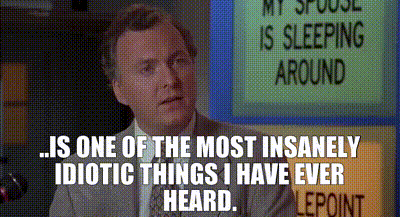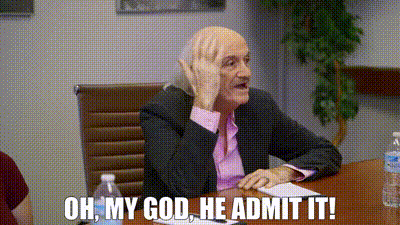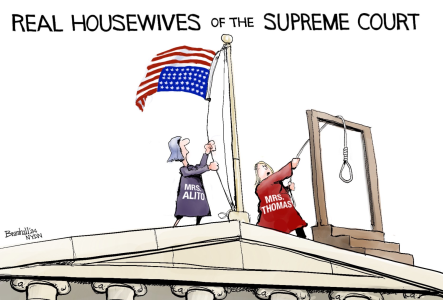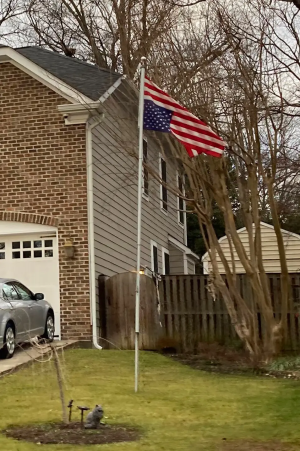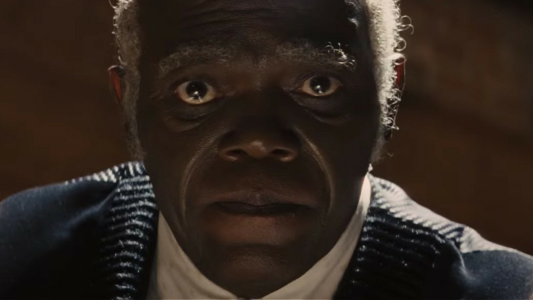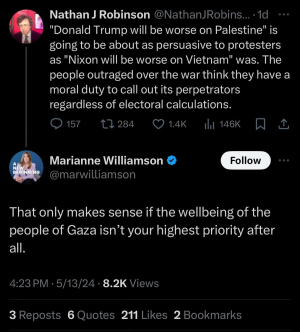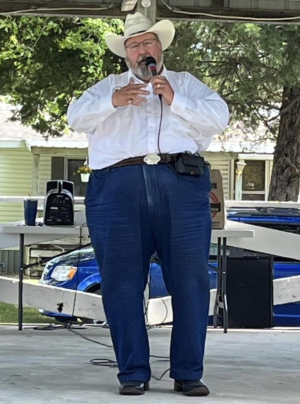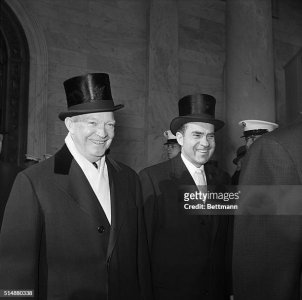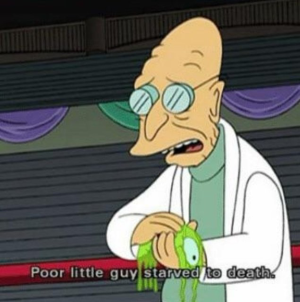- 6,445
- 15,545
- Joined
- Jun 28, 2004
Great, let's keep solving problems that don't exist and keep ignoring the ones that do.
While this might sound good at first blush, this is just another move by Trump to do to the entire federal work force what he has been doing for years to his cabinet and to the executive branch. It's hard to find a well-trained MD who will be anti-vax and agree that you should try mixing hydroxychloroquine with bleach to cure that cough, but finding some quack with years of experience peddling junk medicine on infomercials is a dime-a-dozen. And who needs a structural engineer from a top program to build that bridge. Just hunt down Ol' Larry who built a bridge on his farm.
I mean if we're talking someone to man the phones or deliver mail, sure. But if we're talking the scientists, doctors, and engineers who form the bulk of agencies like the FDA and the CDC, we could be screwed.
Likely though it won't really matter. The top jobs already look for both education and experience anyway.
Social power is so important that non college educated people with rich parents are more likely to have a high paying job than college educated people who grew up in a poor household.
Basically you got a bunch of white dudes who dropped out of college their freshman year, started managing one of their dad’s boat dealerships.eventually they inherit the chain of boat dealerships or get a managerial job at one of their dad’s golfing buddies’ businesses.
Those people have it all but they want to be told that they are actually smart for not getting a college degree. This is why people like Mike Rowe are so popular among the petite bourgeoisie because Mike Rowe tells them that college is a waste of time and he also tells them that hourly employees should be happy to have low wages and no benefits.
That petite bourgeoisie contempt for education seems to inform Trump’s latest decree.
That’s not even the most sinister aspect.
As disgusting as it is that de jure and de facto legacy admission exist, as immoral as it is that student loans exist and as odious it may be that “networking” aka nepotism play such a big role in landing good jobs after college, it is still the case that college is the best path to upward mobility among poor and/non white young people.
Discounting education in Federal hiring just bad college that much less effective as vehicle for upward mobility fir anyone who didn’t grow up wealthy and well connected.






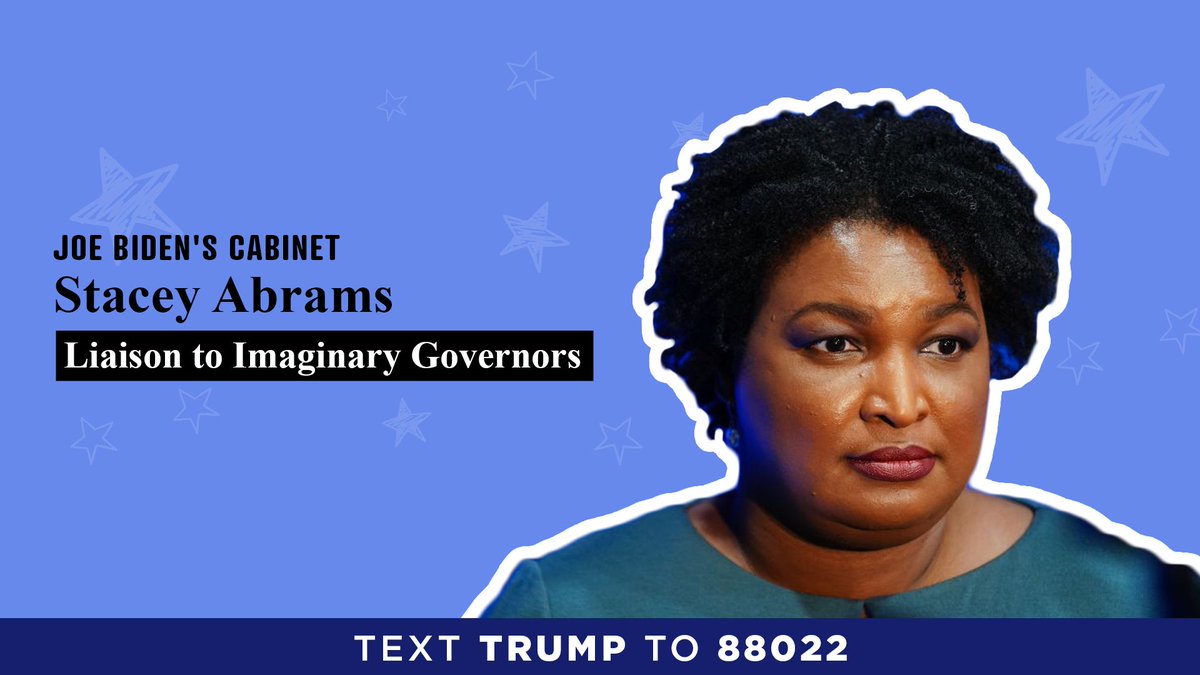









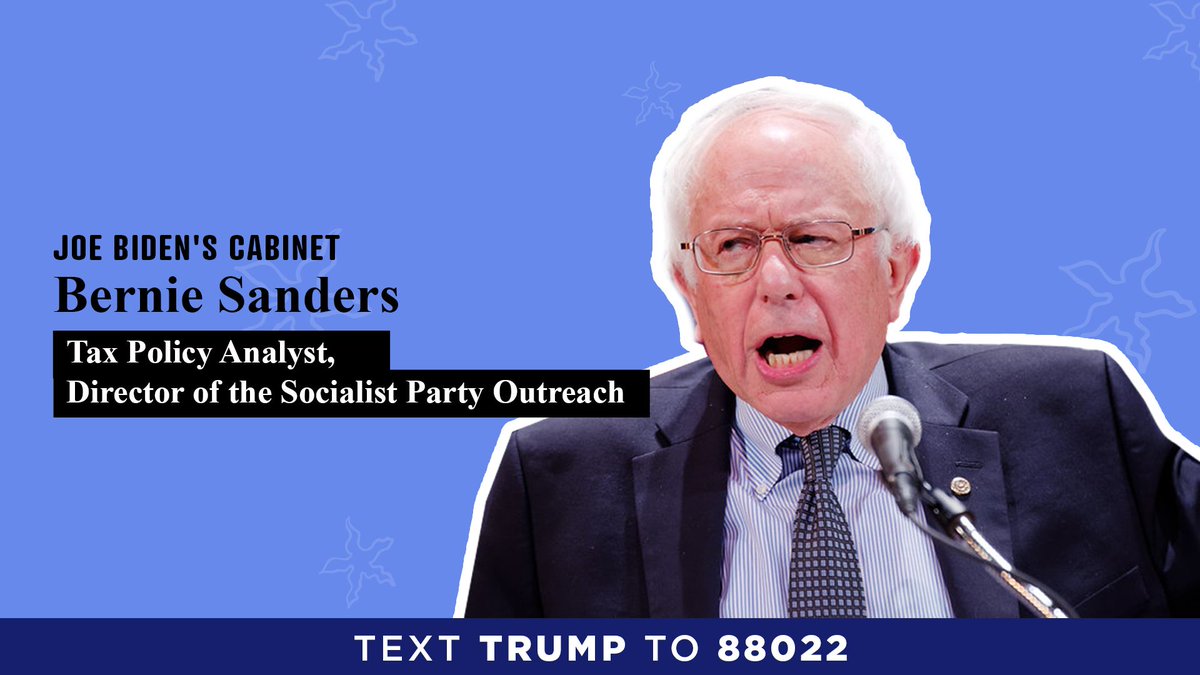

 ...
...






